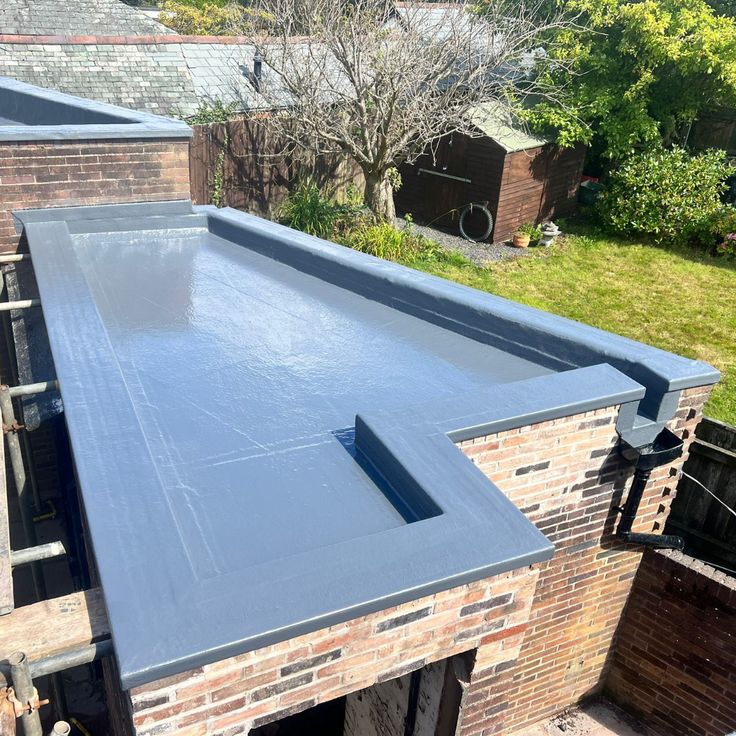A roof replacement cost is a significant financial undertaking for any homeowner. While it’s a necessary investment to protect your property, enhance its value, and ensure safety, the cost can be a major concern. Fortunately, there are several strategic approaches homeowners can take to potentially reduce the overall expense without compromising on quality or durability. By being proactive and making informed decisions, you can manage your budget effectively for this crucial home improvement project.
1. Get Multiple Detailed Quotes
This is perhaps the most fundamental and effective tip. Never settle for the first quote you receive. Contact at least three to five reputable roofing contractors in your area and request detailed, itemized quotes. Ensure each quote specifies:
- Material costs: Breakdown by type, quantity, and unit price.
- Labor costs: How they are calculated (per square metre, hourly, or flat fee).
- Tear-off and disposal fees: Clearly separated.
- Permit fees: Included or excluded.
- Any potential additional costs: Such as decking repairs.
Comparing these detailed breakdowns will help you identify discrepancies, negotiate better prices, and understand where your money is going.
2. Choose the Right Material for Your Budget and Needs
As discussed in previous articles, the roofing material is a primary cost driver. While premium materials like slate or copper offer exceptional longevity, they come with a high upfront price.
- Consider Asphalt Shingles: If budget is your top priority, high-quality architectural asphalt shingles offer a good balance of affordability, durability, and aesthetic appeal. They are significantly less expensive than metal or tile.
- Explore Synthetic Alternatives: Synthetic materials can mimic the look of more expensive options like slate or wood shakes at a fraction of the cost, while still offering good performance and lifespan.
- Balance Upfront vs. Long-Term Costs: While a cheaper material might save money now, a more durable material with a longer lifespan (like certain metal roofs) could save you more in maintenance and future replacement costs over several decades.
3. Schedule Your Project During the Off-Peak Season
Roofing contractors often have peak seasons, typically during spring, summer, and early fall, when demand is high. Scheduling your roof replacement during the off-peak season, such as late fall or winter (weather permitting), might give you more leverage to negotiate prices. Contractors may be more willing to offer discounts or more competitive rates to keep their crews busy during slower periods.
4. Address Minor Repairs Promptly
Neglecting small roof issues can lead to larger, more expensive problems down the line. A minor leak or a few missing shingles, if left unaddressed, can cause significant water damage to your decking, insulation, and interior, turning a simple repair into a costly full replacement. Regular inspections and prompt minor repairs can extend your roof’s lifespan and potentially delay the need for a full replacement.
5. Consider a “Roof Over” (If Permissible and Advisable)
In some cases, if your existing roof has only one layer of shingles and the underlying decking is in excellent condition, you might be able to install a new layer of asphalt shingles directly over the old one. This “roof over” or “re-roofing” option eliminates the tear-off and disposal costs, significantly reducing the overall price. However, this is only advisable under specific conditions, and many building codes limit the number of shingle layers. Always consult with a professional contractor to determine if this is a viable and safe option for your home.
6. Do Your Due Diligence on Contractors
A cheap quote from an unreliable contractor can end up costing you more in the long run due to shoddy workmanship, hidden fees, or unaddressed issues. Prioritize reputable, licensed, and insured contractors with strong local references. Ask about their warranties (both material and labor) and ensure they have a proven track record of quality work and transparent pricing. Investing in a reliable contractor can prevent costly mistakes and ensure your roof replacement is done right the first time.
By implementing these tips, homeowners can take control of their roof replacement budget, ensuring they get a high-quality, durable roof without overspending.



